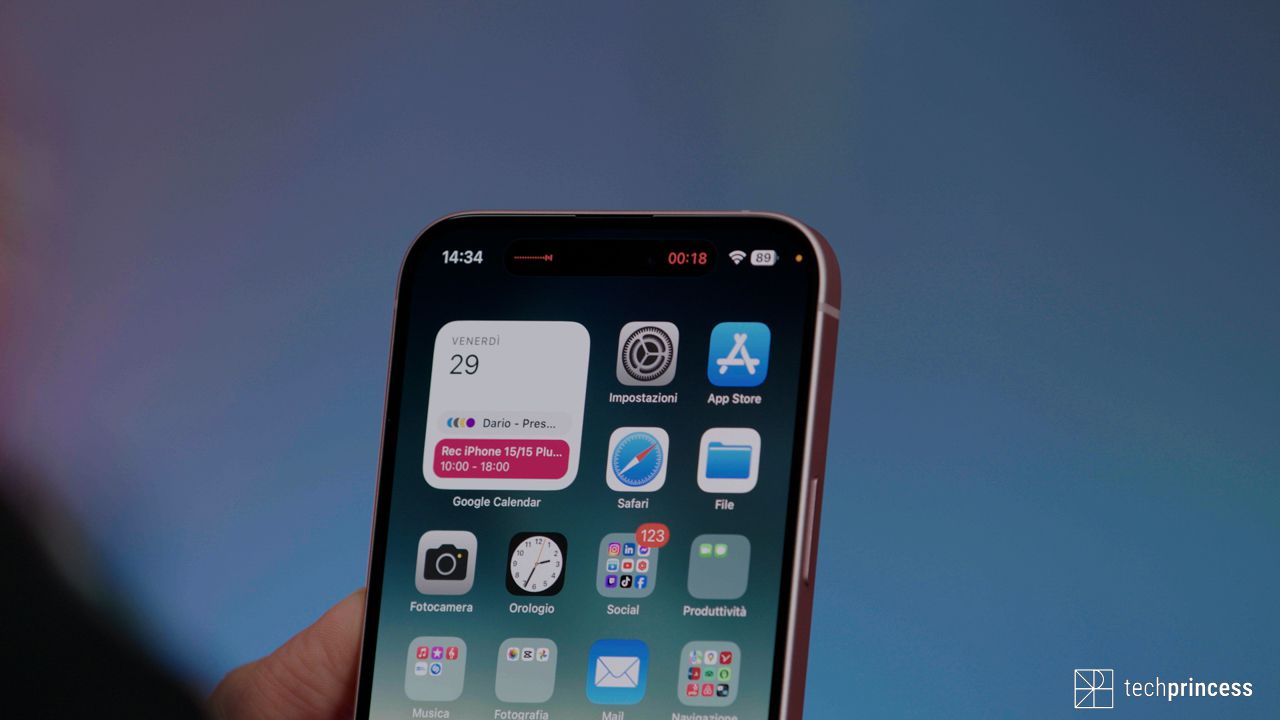Apple has decided to suspend support for web app on iPhone starting from the update of iOS 17.4, but for the moment only in Europe. Web apps allow you to place a website on your homepage, which It operates like an app but using browser resources (for example showing notifications, but not only). A decision that Apple itself links to the European Digital Market Act, which has become operational.
Apple with iOS 17.4 removes support for web apps in Europe
From Cupertino the message seems clear: the Digital Market Act pushed Apple to remove web apps from iOS 17.4 in Europe. These applications, even without taking advantage of the Safari interface, to date use the engine behind the Apple browser: Webkit.
The DMA, which designates Apple as a “gatekeeper” that has a position in which it could favor its own software solutions, asks Cupertino to also open up to other web engines. And according to Apple, this could represent a risk to user security and privacy. So it decided to remove support for web apps, even those that use Webkit and Safari. As Roberto Pezzali says on DDay, Apple used an “all or none” approach.

Apple argues that as long as web apps work using tools developed in Cupertino, they can do so within iOS privacy and security rules. Instead, I learn from other web engines there would be a risk that “web apps could read data from other web apps and recover their permissions to access a user’s camera, microphone or location without the user’s consent.” Furthermore, Apple believes that “browsers could also install web apps on your system without your knowledge and consent of the user”.
To avoid these risks, Apple has removed the possibility of using web apps. Instead, users in Europe will have to access websites via bookmarks.
Apple’s decision therefore comes as a result security and privacy issue. However, it must be said that Apple could have found a way to impose a high security standard, without completely blocking WEP apps. But that kind of work costs money. And not only web apps are not widely used — but by giving greater access to the smartphone’s permissions and hardware, they could act as real apps. The whole without going through the App Store, and without paying commissions. Not really a deal for Apple, which therefore prefers to say goodbye to web apps, at least in Europe.
What do you think about it? Do you use web apps? Let us know in the comments.
















Leave a Reply
View Comments